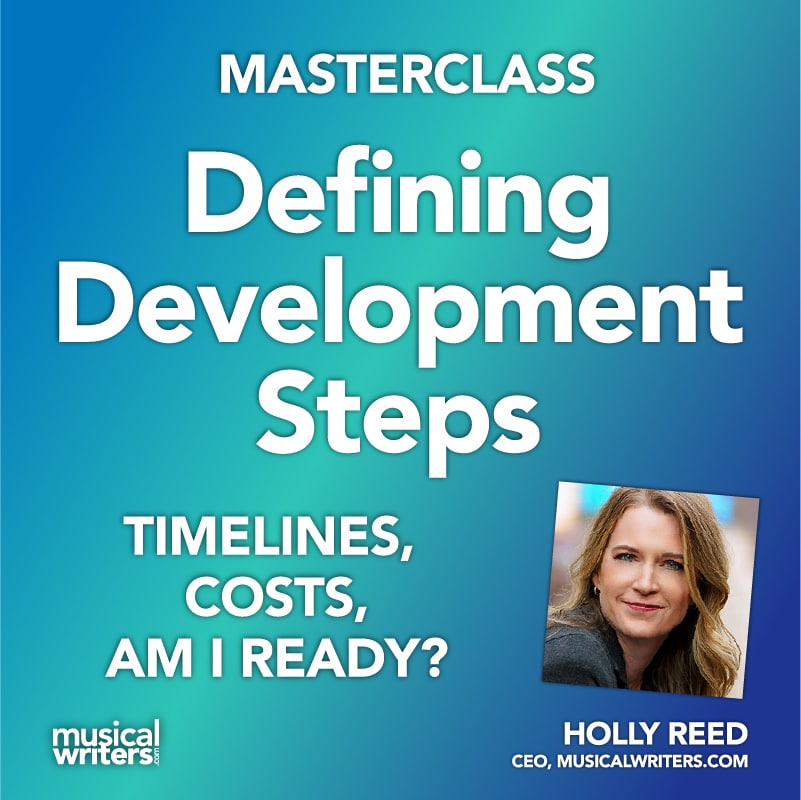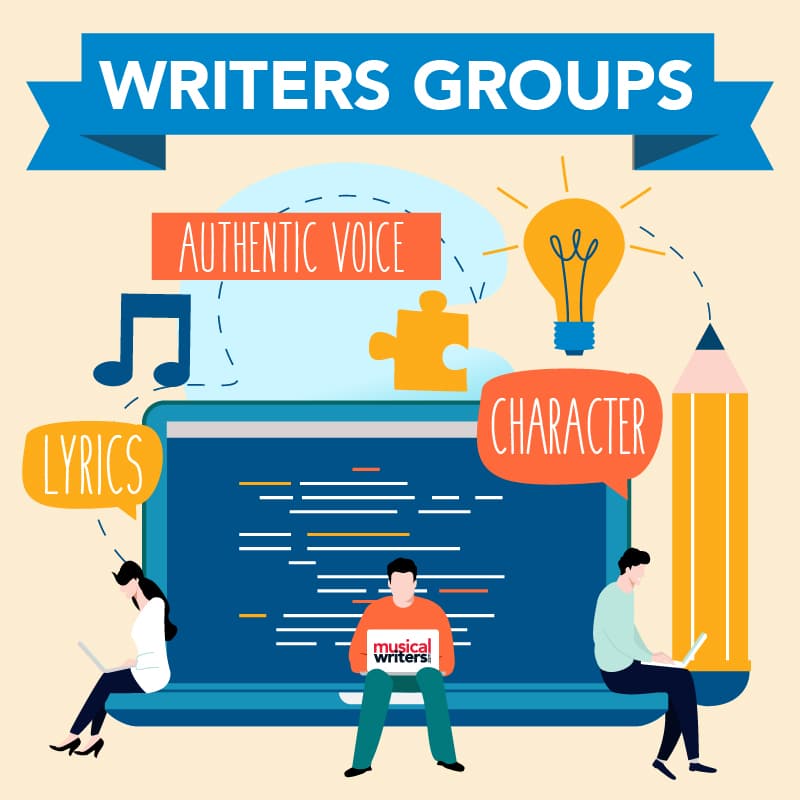Reflect and Evaluate: “Embracing Feedback” Series, Part 2
This is the second article in a 2-part “Embracing Feedback” series. Click HERE to view...
Read MoreJul 3, 2024 | 0 |
This is the second article in a 2-part “Embracing Feedback” series. Click HERE to view...
Read MoreJun 19, 2024 | 0 |
Musicals are notoriously hard to get right. And getting helpful musical feedback from others can...
Read MoreJun 12, 2024 | 0 |
AMANDA GREEN is a two-time Tony Award-nominated and Grammy-nominated lyricist/composer and...
Read MoreMay 17, 2024 | 2 |
Developed for screenplay formatting, Final Draft has evolved to include features that cater to the needs of playwrights and musical theatre creators.
Read MoreMar 27, 2024 | 0 |
A good musical requires more than just catchy songs and crafty dialogue. At its heart, a musical...
Read MoreWant access to the full calendar of Submission Opportunities?
Academy Masterclass: Daryl Eisenberg
Office Hours
AI August: MasterClass 1
 Private Coaching
Private Coaching
 SMART Goals Worksheet
SMART Goals Worksheet
 Defining Musical Development Steps with Holly Reed
Defining Musical Development Steps with Holly Reed
 Vocal Arranging for Composers
Vocal Arranging for Composers
 SMART Goals Worksheet
SMART Goals Worksheet
 Online Writers Groups
Online Writers Groups
 Private Coaching
Private Coaching
 Ultimate Musical Writer's Planner (Digital/Printable)
Ultimate Musical Writer's Planner (Digital/Printable)
